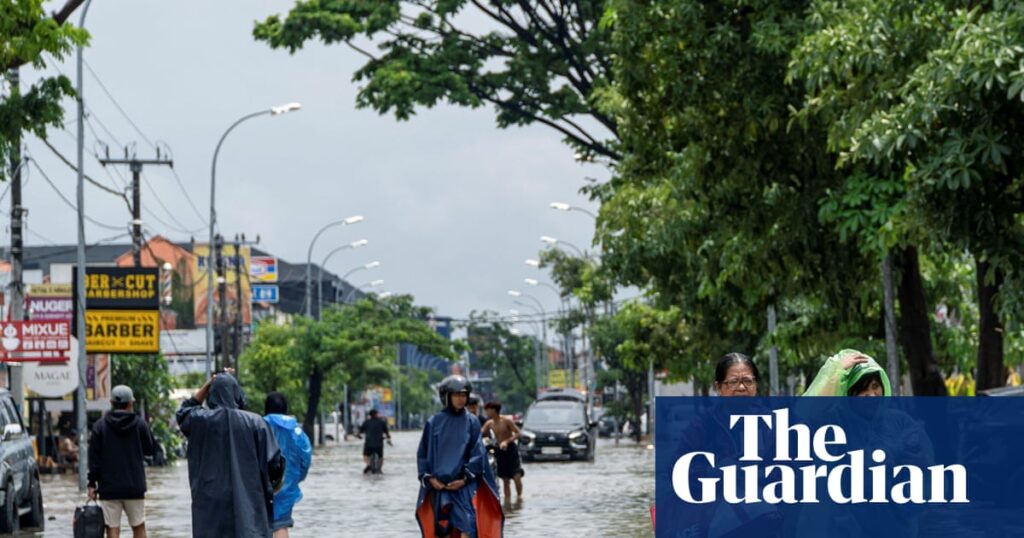
Indonesia has announced a ban on the construction of new hotels and restaurants on agricultural land in Bali, following deadly flash floods that claimed at least 18 lives. The decision comes after the island declared a state of emergency on September 10 due to the most severe flooding in over a decade.
The floods, triggered by intense rainfall, caused significant damage to homes, public facilities, and infrastructure, impacting thousands in Denpasar and surrounding areas. Environmental activists have long warned about the detrimental effects of mass tourism on Bali, advocating for stricter controls to prevent land conversion as a means to mitigate flooding and other natural disasters.
Bali’s New Land Use Policy
In response to the recent disaster, Bali Governor Wayan Koster announced new regulations aimed at curbing the conversion of productive land into commercial facilities. “Starting this year, yes, there is already an instruction to all heads of districts and mayors across Bali,” Koster stated on September 14, as reported by Indonesia’s state news agency, Antara.
He further emphasized, “After handling the floods, we will meet again to ensure no more permits are issued for hotels, restaurants, or other facilities on productive land, especially rice fields.” The governor highlighted that the land conversion ban aligns with Bali’s 100-year plan, with full implementation expected by 2025.
The Impact of Overdevelopment
Bali, renowned for its lush rice paddies and picturesque beaches, has undergone significant transformation over the past 50 years. This rapid development has led to increased traffic, pollution, and complaints from both locals and tourists about the behavior of some visitors. Last year, Indonesia proposed a moratorium on new hotel construction due to concerns over overdevelopment, but the plan was not realized. The newly introduced bylaws are anticipated to take effect by the end of 2025.
This policy shift follows a warning from Indonesia’s meteorology and climate agency about the potential for an extreme rainy season this year. Additionally, a growing waste crisis has exacerbated flooding in several regions, including Bali. Flooding is a common occurrence in Indonesia during the wet season, which typically spans from September to March.
Climate Change and Its Effects
Scientists have noted that the climate crisis is intensifying the rainy season, resulting in heavier rainfall and more frequent flash floods. Overdevelopment and widespread deforestation are believed to be exacerbating the impact of flooding. Indonesia’s Environmental Minister, Hanif Faisal Nurofiq, underscored the importance of the new bylaws for Bali.
“This is also crucial for Bali’s tourism as the recent flooding has drawn serious attention,” Nurofiq stated. “I actually told the governor last week that I really hope he will immediately stop the land conversions in Bali. This is extremely important.”
Extreme rainfall has become more common and intense due to human-caused climate breakdown across much of the world, including Europe, most of Asia, central and eastern North America, and parts of South America, Africa, and Australia. Warmer air can hold more water vapor, leading to more frequent and severe flooding, compounded by human factors such as flood defenses and land use.
Looking Ahead
The move to halt new hotel and restaurant construction on Bali’s agricultural land represents a significant step in addressing the challenges posed by mass tourism and climate change. As the island grapples with the aftermath of recent floods, the focus will be on implementing these new regulations and ensuring sustainable development practices that protect Bali’s natural resources and cultural heritage.
With the new bylaws set to be fully operational by 2025, Bali’s government and stakeholders must work collaboratively to balance economic growth with environmental preservation. This approach could serve as a model for other regions facing similar challenges, highlighting the need for proactive measures in the face of a changing climate.







